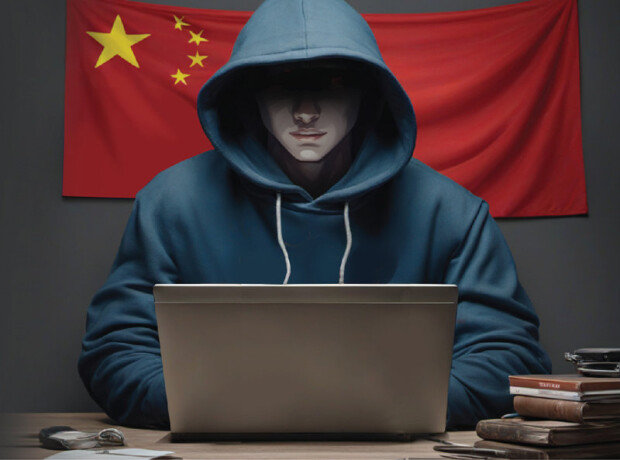China infiltrates Japan’s security network
China infiltrates Japan’s security network
Posted August. 09, 2023 08:21,
Updated August. 09, 2023 08:21


Amid the mounting suspicions over China's hacking activities across the globe, reports from sources including The Washington Post (WP) have revealed on Monday (local time) that China had clandestinely hacked into Japan's confidential security network over an extended period. The breach, which reportedly occurred in 2020, exposed sensitive military information to indiscriminate exposure by Chinese hackers under the People’s Liberation Army, leading to significant disruptions in information sharing between the United States and Japan.
This issue is anticipated to become a major focal point during the upcoming trilateral summit between the United States, Japan, and South Korea scheduled to take place at Camp David next Friday. Concerns are arising that if cyber security isn't firmly guaranteed in information sharing between the United States and Japan, it might impede discussions about expanding trilateral cooperation.
According to WP, the U.S. National Security Agency (NSA) confirmed that in late 2020, under the administration of former U.S. President Donald Trump, hackers affiliated with the Chinese People's Liberation Army infiltrated Japan's confidential security network. Their target appeared to be operational plans and assessment reports on Japan’s military capabilities and vulnerabilities. A former U.S. official said the damage of the cybersecurity breach was "shockingly bad."
At the time, Paul Nakasone, the then head of NSA, and Matthew Pottinger, a former National Security Council Deputy Advisor, swiftly visited Japan to discuss the matter. They even arranged a direct briefing with then-Japanese Prime Minister Yoshihide Suga. As the incident occurred during the transition to the Biden administration, Jake Sullivan, the current National Security Advisor, was also briefed on the situation.
The aftermath continued. The Biden administration discovered in 2021 that Chinese hackers were still infiltrating Japan's security network. Furthermore, it was confirmed that Japan had made little progress in countering China's hacking activities until the fall of the same year. Despite Japan's recent announcements of significant increases in cybersecurity budgets and personnel, it was evident that these efforts fell short in deterring Chinese cyber threats.
Throughout this process, Japan harbored suspicions about the United States' penetration into their security network as the Pentagon detected the breacher earlier than Japan did. This suspicion complicated joint responses between the two countries, according to the WP. Lloyd Austin, the U.S. Secretary of Defense, reportedly said to Japan that "if cyber security is not assured, information sharing could be delayed."
Japan denied the reports. Chief Cabinet Secretary Hirokazu Matsuno stated on Tuesday that "there is no confirmation over the reportedly leaked confidential information." Irrespective of this matter, Japan reiterated its intention to firmly demand responsible actions from China.
This issue is also likely to emerge as a significant agenda during the upcoming trilateral summit between the three allies slated for next Friday. The Biden administration has been putting substantial effort into strengthening the security cooperation framework among the three nations, including Japan, following the adoption of the "Washington Declaration" in April. The revelation that China breached Japan's confidential security network might affect discussions on information sharing among the three countries.
To curb China's activities in the Indo-Pacific region, the United States emphasizes the critical need for enhanced cyber security of its allies. At one point, Japan was criticized for having loose information security to the extent of being dubbed a "spy haven." Consequently, the U.S. has reportedly shared less information with Japan, a key ally in the Indo-Pacific, than with NATO, even though Japan is considered one of the strongest allies alongside South Korea in the region.
Furthermore, there are growing concerns about China's indiscriminate hacking activities worldwide. Chinese hacker group "Storm-0585" reportedly infiltrated email accounts of 25 government agencies in the United States and major Western European countries since May this year. They compromised emails belonging to high-profile officials such as U.S. Commerce Secretary Gina Raimondo and Daniel Kritenbrink, the Assistant Secretary of State for East Asian and Pacific Affairs. Senior U.S. officials expressed concern to the WP, noting that "China is enhancing its cyberattack capabilities to disrupt decision-making among adversaries (the U.S. and its allies) in times of conflict."
weappon@donga.com







